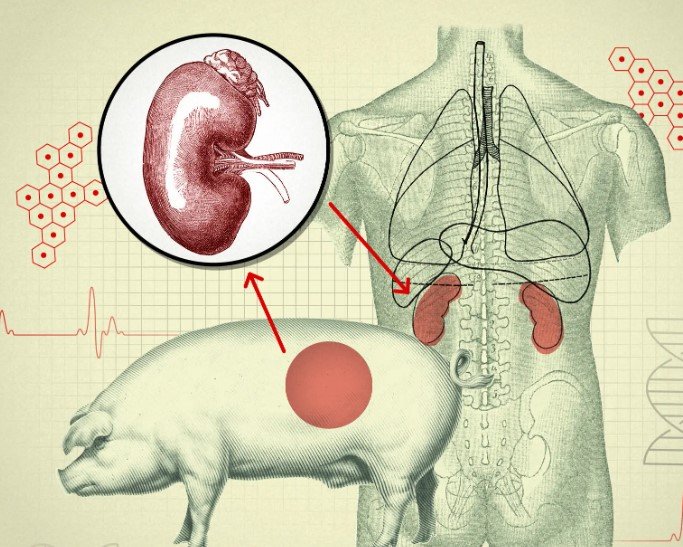Chinese scientists have made history by transplanting a gene edited pig lung into a human for the first time. This breakthrough happened in Guangzhou, China, and offers new hope for solving the global organ shortage crisis.
Breakthrough in Xenotransplantation
Researchers led by Professor He Jianxing at the First Affiliated Hospital of Guangzhou Medical University completed the world’s first pig to human lung transplant. They used a lung from a Bama miniature pig that had six genes edited to lower rejection risks.
The recipient was a 39 year old man declared brain dead after a severe injury. His family gave consent for the study. The team transplanted the left lung in a procedure that mimicked a standard human lung transplant.
After the surgery, the pig lung worked for nine days. It handled breathing and gas exchange without quick rejection or infection. This success shows promise for using animal organs in humans.
The study appeared in Nature Medicine on August 25, 2025. It builds on China’s growing role in this field. Last year, a team in China transplanted a gene edited pig liver into a living patient, who survived without major issues.
Challenges and How They Overcame Them
Lungs are hard to transplant across species because of their fragile structure and constant air exposure. High blood flow adds more risks. Past efforts with kidneys and hearts worked better, but lungs lagged behind.

The team edited the pig’s genes to make the lung more human like. They removed genes that trigger strong immune attacks and added human genes for better compatibility.
During the nine days, doctors watched closely. The lung produced oxygen well at first, but some rejection signs appeared later. The trial ended when the family asked to stop.
To improve results, the team plans to refine gene edits and rejection drugs. They also want to use a new tubeless method to avoid damage from machines.
This work follows global progress. In the United States, surgeons transplanted pig hearts into two patients in 2022 and 2023, but those lasted only weeks. A pig kidney transplant in 2024 showed longer survival.
Why This Matters for Organ Shortages
Millions wait for organs worldwide. In the United States alone, over 100,000 people need transplants, and 17 die each day waiting. China faces similar issues with rising demand.
Xenotransplantation could provide unlimited organs from pigs. Pigs grow fast and have organs similar in size to humans. Gene editing makes them safer.
Here are key benefits of this approach:
- Reduces wait times for patients in critical need.
- Lowers risks from black market organs.
- Opens doors for treating diseases like cystic fibrosis.
Experts say this lung transplant is a big step. It proves pig lungs can function in humans briefly. Longer term success could change medicine.
Global Reactions and Ethical Concerns
News of the transplant spread fast online. Many praise it as a medical win. Posts on social media highlight excitement about ending organ waits.
Some worry about ethics. Animal rights groups question using pigs for parts. Others fear unknown health risks, like new viruses jumping from animals to humans.
The team followed strict rules. They got approvals from ethics boards and ensured family consent. The brain dead status avoided harm to a living person.
International bodies watch closely. The World Health Organization calls for careful xenotransplant research to protect public health.
Future Steps and Potential Impact
The researchers aim for trials in living patients soon. They will test better gene edits and support methods.
If successful, pig lungs could save thousands. For example, lung diseases kill over 4 million people yearly worldwide, per recent health data.
This table shows major xenotransplant milestones:
| Year | Organ | Country | Outcome |
|---|---|---|---|
| 2022 | Heart | USA | Lasted 2 months |
| 2023 | Kidney | USA | Functioned 2 months |
| 2024 | Liver | China | Patient stable after 1 year |
| 2025 | Lung | China | Worked 9 days |
Progress builds quickly. China leads in pig organ work, with over 10 gene edited pig types developed since 2020.
What do you think about using animal organs in humans? Share your views in the comments and spread this story to raise awareness.
